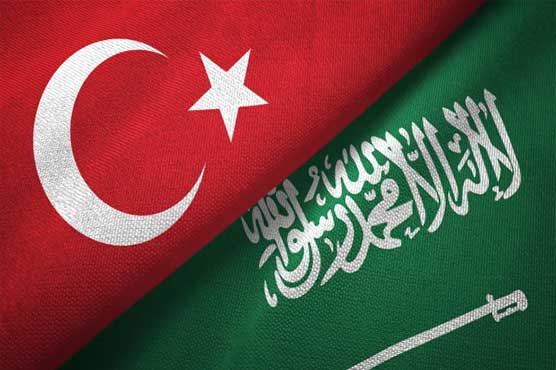Saudi Arabia is one of the top 5 donors to the Turkiye earthquake relief fund
Geneva — The UN Office for Humanitarian Affairs congratulated Saudi Arabia and other donor nations on Friday for their contributions to the funding of more than a quarter of the UN’s emergency appeal following the deadly earthquakes in Turkiye, according to the Saudi News Agency.
Following the 7.8-magnitude earthquake on February 6 and its aftershocks, which devastated large portions of southeast Turkiye and some war-torn Syria, the UN reported that $268 million had been donated in response to a $1 billion humanitarian fundraising appeal for relief operations in Turkiye.
OCHA spokesman Jens Laerke urged nations to support and contribute to funding the plea while stating that 27 percent of the appeal had been paid and the main donors were Saudi Arabia, the US, Kuwait, the European Commission, and the UN Central Emergency Response Fund.
He added that 3 million people had been displaced and 9 million people had been directly impacted by the earthquakes, saying that the help supports the Turkish government’s response.
In addition to a dual flash appeal for Syria to aid survivors over the first three months, the UN launched its $1 billion appeal to aid more than five million people in Turkey on February 16. Of of the $398 million sought, the latter has raised $364 million .
More than 4.1 million people have received basic household goods and clothing, and 3 million have received emergency food aid from the UN and other humanitarian organisations, according to Laerke. Additionally, over 700,000 people have received assistance to improve their living conditions, including tents, relief housing units, and tent repair tools.
He said, “Around 1 million litres of drinking water were supplied, and 1.6 million people received assistance with water, hygiene, and sanitation.”
The Turkish Ministry of Health has received support from the UN humanitarian organisation in the form of 4.6 million doses of vaccines, 16 mobile health clinics, medications and supplies for the treatment of trauma and injuries, and mobile health clinics.
Laerke told reporters in Geneva, “We are now engaged in the humanitarian emergency phase, when we look at what the survivors require.”



